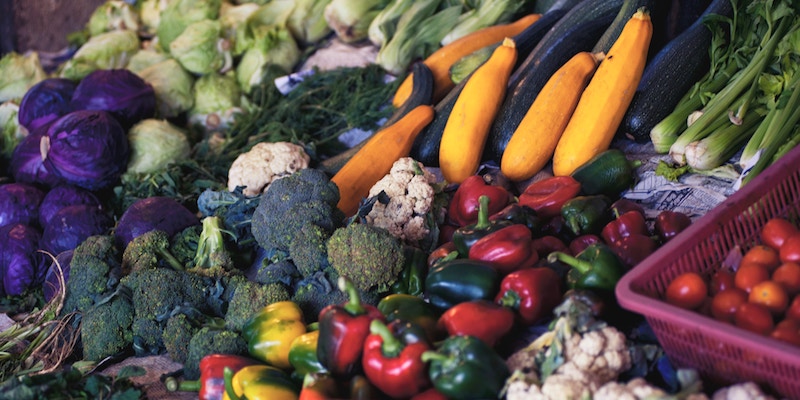Don’t Let Food Wastage to Eat into Profitability

There are some staggering statistics regarding food wastage in Australia.
- 4 million tonnes of food are wasted every year.
- Around 20% of the food we buy is wasted.
- Every day, every person wastes about 1kg of food.
These figures are across all areas so include the food service industry. Accordingly, this wastage is eating into the bottom line of your business and contributing to a reduction in staff morale since nobody likes to throw out food.
Below are a few tips and suggestions that may assist chefs and restaurant/kitchen mangers reduce their wastage and run a more profitable and efficient business.
Purchase to a Plan
Profitable businesses run to a plan. Chefs and restaurant/kitchen managers should be able to roughly anticipate the number of meals they will create based on historical evidence and market trends. Consequently, setting a menu and purchasing ingredients to meet the plan will help reduce waste by avoiding unnecessary overstocking to begin with.
Rotate Stock
Practicing proven stock rotation techniques will greatly reduce wastage. The key to an effective food rotation system is clear labelling and a First In, First Out policy.
- Label all food as it arrives or as it is prepared for
storage.
- Select appropriate labels for food depending on how it
will be stored. Removable, permanent, dissolvable and durable labels are
available and each is suited to different storage circumstances.
- Clearly write on all labels. Include information such as –
- Arrival/preparation date,
- Ingredients,
- Use by date,
- Name of the staff member who prepared the food.
- As stock is stored, move older stock to the front so
it is immediately visible to staff searching for ingredients.
- Ensure stock in fridges and freezers is not overcrowded.
The air must circulate to chill/freeze the food.
Reduce Portion Sizes
Much of the waste that comes from restaurants is the uneaten food left by diners. Avoiding overloading plates will reduce costs and wastage and make your establishment more profitable. To avoid losing clientele who would like larger portions, simply advise that seconds are always an option.
Store Food Safely
Ensure your fridges and freezers are operating at peak efficiency by having their motors serviced as per manufacturers’ advice. Check operating temperatures regularly and if they are above -180C for freezers or 40C for fridges have them serviced immediately to avoid costly food wastage.
FareShare
Despite the best planning and careful rotation of food, there will sometimes be situations when chefs and restaurant/kitchen managers recognise that certain foods will not be used within their shelf life. FareShare exists to take this food and distribute it to causes in need. If you recognise some good quality food may be about to go to waste, please contact FareShare via the link.
https://www.fareshare.net.au/donate-bulk-food-melbourne/
Fildes takes great pride in donating various kitchen utensils to FareShare so they can be used in the preparation of Christmas meals for those in need. These meals are then distributed to various charities across the city and help to put a smile on the faces of people who have fallen on hard times.
Fildes would like to wish all of our customers a happy and safe holiday period.




















































































